4. The transmission bracket is processed as a whole and equipped with double fine-tuning screw holes.
4 Air Cushion Conveyor
Air-cushion belt conveyors are widely used in various industries such as metallurgy, electric power, coal, chemical industry, grain, light industry, ports and terminals, cement and building materials, etc. due to their light structure, large conveying capacity, and low load-bearing capacity on the silo roof.
Features
(1) Smooth operation, reliable operation, large conveying capacity, no material spillage, and no deviation when feeding.
(2) The running resistance is small, the conveyor belt tension is small, and the driving power consumption is reduced by about 10% to 20%.
(3) A large conveying inclination is required.
(4) Low equipment investment and low maintenance costs.
(5) Convenient for sealed transportation to avoid dust flying.
5 Full Sealing Belt Conveyor
Fully sealing belt conveyors are used to transport materials in silo projects with high environmental requirements. It adopts a patented single-roller structure to achieve full sealing of the whole equipment. It can be widely used in metallurgy, mining, coal, ports, power stations, building materials, chemical industry, light industry, machinery, petroleum and other industries.
1.Full sealing structure, environment friendly
2.Special residual sweeping device to avoid tail residual
3.Innovated for belt-back, reduce friction and power consumption
4.Single roller structure, drive device is external, easy for maintenance
5.Equip safety operation device, such as:urgent stop, speed monitor, anti-blocking, off tracking etc.
6 Pneumatic Conveying System
Pneumatic conveying system is a kind of environmental protection and efficient conveying method, which uses air flow as the bearing medium to transport pellet or powder materials under certain conditions. Pneumatic conveying system is mainly used for medium and short distance conveying of powder materials, and the density of materials is not more than 2.0. The system is mainly composed of feeding equipment, conveying pipeline, material gas separation equipment, gas source and purification equipment. Pneumatic conveying devices are divided into three categories: Positive-pressure Dense-phase Pneumatic Conveying, Positive-pressure Dilute-phase Pneumatic Conveying and Negative-pressure Suction Pneumatic Conveying.
Positive-pressure Dense-phase Pneumatic Conveying System
Pneumatic conveying system adopts positive-pressure dense-phase pneumatic conveying technology so that its conveying distance is 50-1000 m, the lifting height is up to 75 m, and conveying capacity is up to 150 t / h. Positive-pressure dense-phase pneumatic conveying system has obvious advantages:
High mixing ratio: 30 ~ 60kg (ash) /kg (gas)
Low flow rate: average flow rate is 8 ~ 12m/s;
Less wear: the service life of the system can reach 20 years
Long conveying distance, large conveying capacity, small land occupation, clean and pollution-free operation
Positive-pressure Dilute-phase Pneumatic Conveying System
The positive-pressure dilute-phase pneumatic conveying system uses gas pressure lower than 1kg/c and adopts positive pressure (pressure feeding type) to push materials through the entire conveying line at a high speed. The characteristics of positive-pressure dilute-phase conveying: it can convey materials from one low point to multiple points; the conveying capacity is large, and it is suitable for short or medium distance conveying. Suitable for transportation of lime powder, fly ash, cement, alumina, ceramic powder, rare earth materials, etc.
Negative-pressure Suction Pneumatic Conveying System
The negative-pressure suction pneumatic conveying system relies on the air flow with a pressure lower than the external atmospheric pressure to convey materials along the streamline in the pipe.
In engineering design, the negative-pressure pneumatic conveying has the following characteristics:
1.It is applicable for centralized transportation of materials from multi-point to one point. The dispersed materials are attracted and transported from various points in sequence, and the pressure and suction speed can also be balanced when the points are simultaneously attracted;
2.It is suitable for conveying material which has a wide accumulation surface or is located in a low or deep position to the high position. Such as the loading and unloading of materials stored in a silo, suction and transportation of bulk powdery or granular materials in truck or ship;
3.The feeding point can be open, and will not cause dust flying;
4.Oil or water in the fan will not mix with materials, so it is suitable for conveying food and other materials that need to be cleaned and transported.












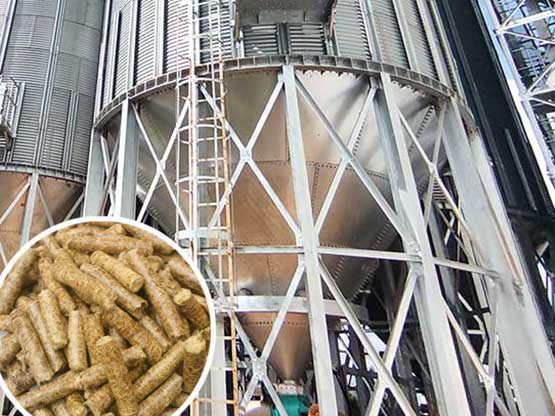
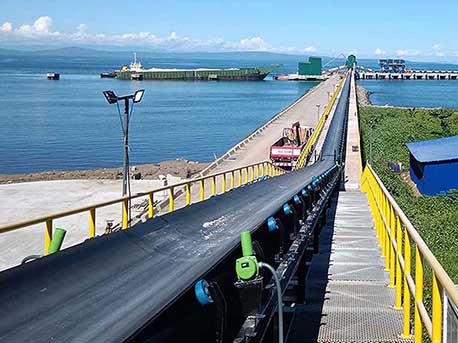
.jpg)
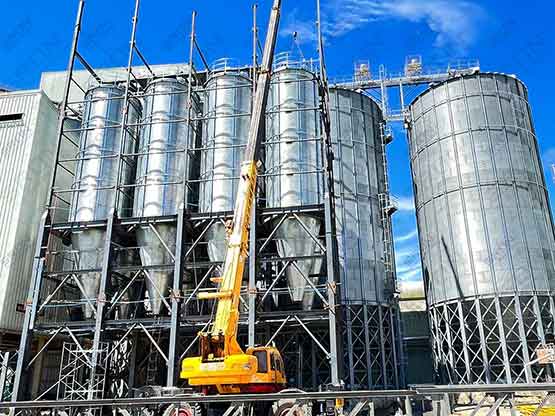

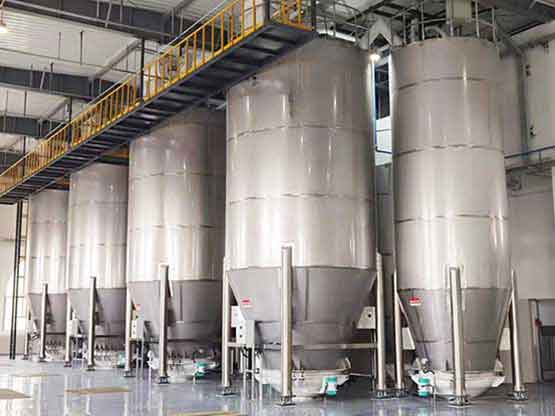
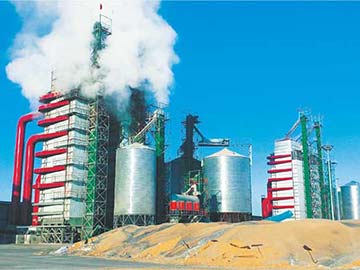
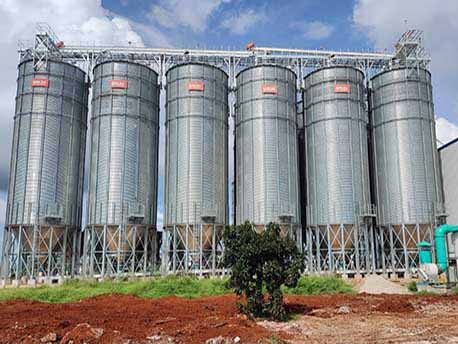
.jpg)
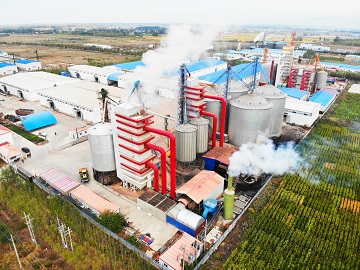

.jpg)
.jpg)
.jpg)